So You Want to Talk About Race
In a period where discussions about racial injustice have reached an all-time high, “So You Want to Talk About Race” by Ijeoma Oluo emerges as a crucial guidebook that navigates the complex realm of race relations. Aiming to foster understanding and to encourage constructive discourse on race, Oluo’s book strikes a careful balance between accessibility and incisive commentary.
Oluo’s approach is both personal and systematic, using her own experiences and anecdotes as springboards for broader discussions about systemic issues. This methodology not only engenders a sense of trust and relatability but also effectively illustrates how pervasive and ingrained racism can be in everyday interactions and institutional structures.
One of the book’s greatest strengths is its directness. Oluo does not shy away from tackling heavy and often controversial subjects such as police brutality, affirmative action, and the Black Lives Matter movement. She addresses these with a straightforwardness that is educational without being preachy, and insightful without being overwhelming. Each chapter starts with a question that Oluo has encountered in her own life, which she uses to frame the discussions, making the narrative engaging and immediately relevant.
However, it’s important to note that while the book serves as an excellent primer for those newly engaging with conversations about race, it also challenges seasoned activists to reflect deeper on their practices and beliefs. Oluo’s discourse on microaggressions and cultural appropriation, for example, provides nuanced explorations of topics that are often presented in binary terms elsewhere.
Critically, Oluo emphasizes actionable advice. For instance, when discussing how to talk about race with friends, family, or colleagues, she offers specific strategies for approaching these conversations with empathy and clarity, ensuring that they are productive rather than combative. Her advice on navigating workplace dynamics regarding race is particularly noteworthy, providing practical steps for addressing often unacknowledged racial biases.
“So You Want to Talk About Race” also stands out for its inclusive language and a deliberate effort to engage readers from various racial backgrounds. Oluo anticipates various reader responses and sensitively addresses potential defensive reactions, which makes the book a resource for everyone, regardless of racial identity.
In terms of limitations, some readers may find Oluo’s prescriptions occasionally simplified for complex societal issues. Despite this, the essential aim of the book is not to provide exhaustive solutions but to kickstart dialogues—something it achieves with considerable success.
In conclusion, Ijeoma Oluo’s “So You Want to Talk About Race” is a timely and essential read that unpacks the intricacies of race and racism in a digestible format, making it a necessary addition to the canon of social justice literature. Perfectly straddling the line between the personal and political, Oluo’s book is a compelling invitation to all who seek to be part of the solution in fostering a more equitable society. Whether you’re starting out or are deep into the discourse on race, Oluo’s insightful prose will guide, challenge, and inspire you.

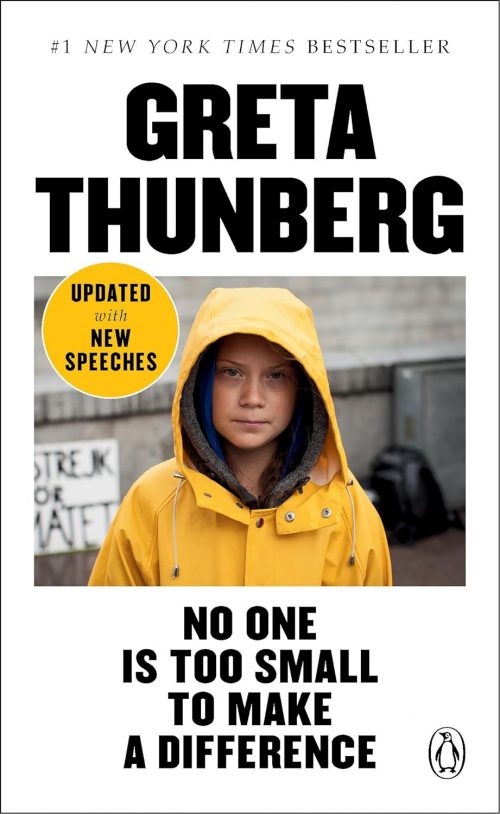

Reviews
There are no reviews yet.